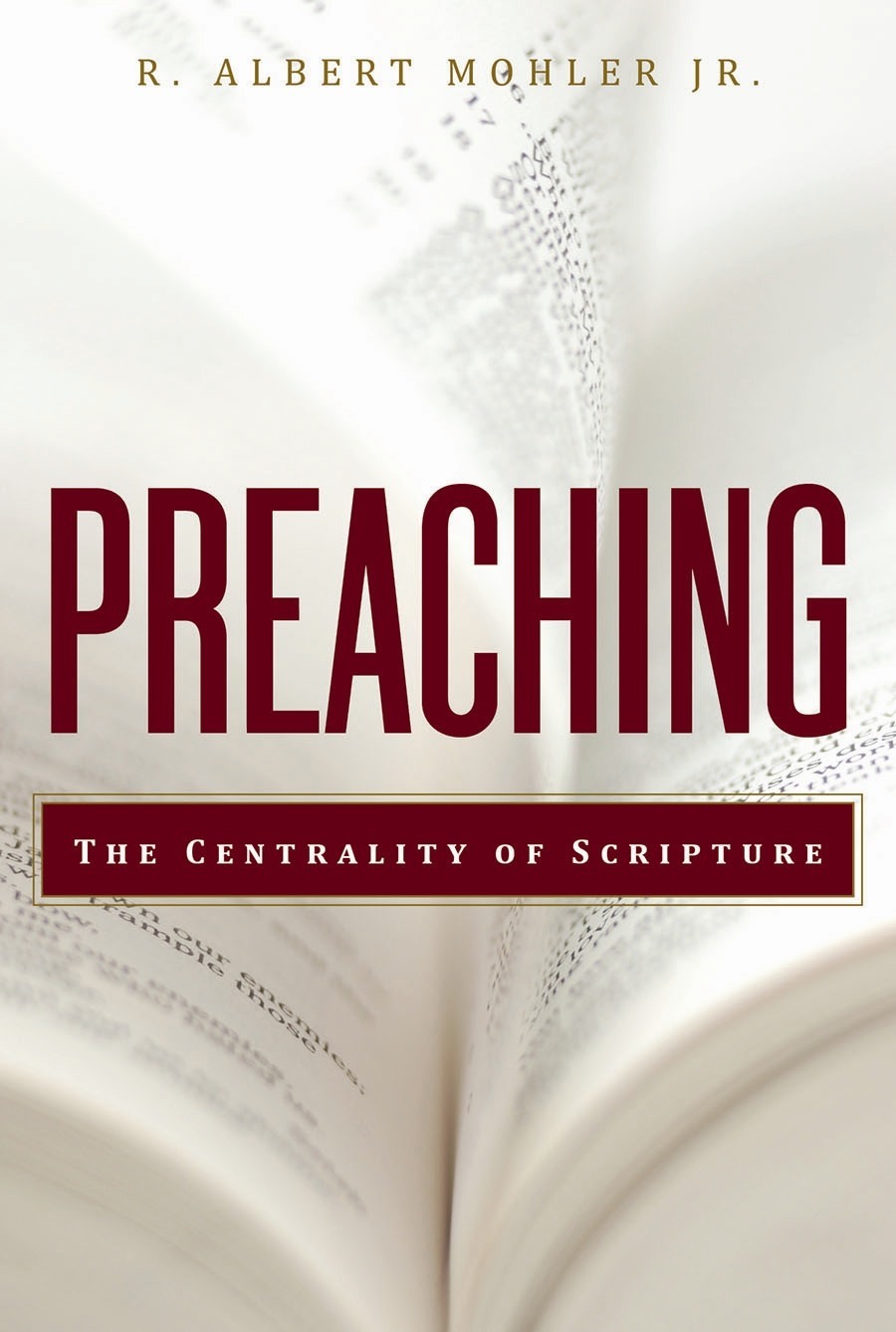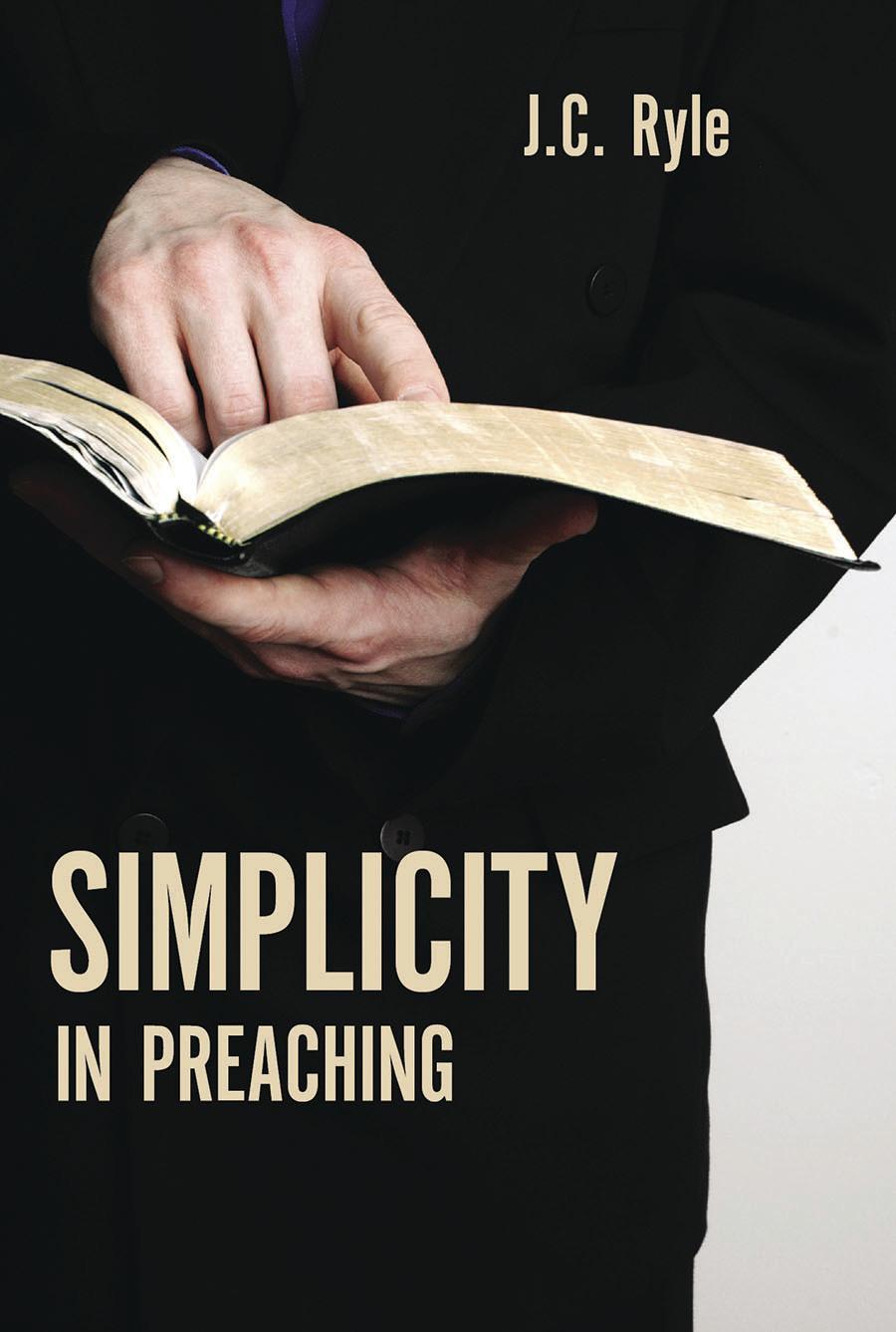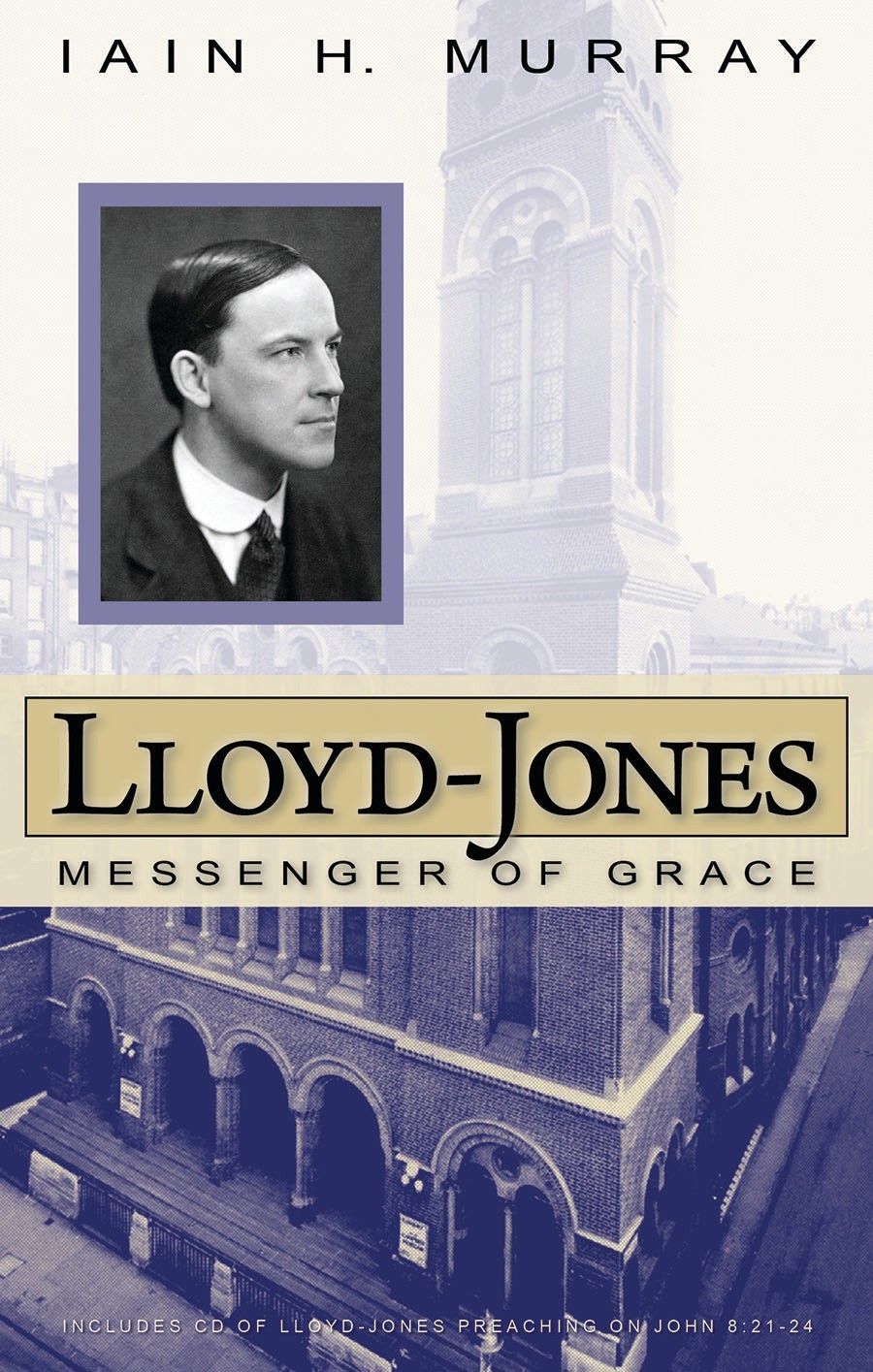The Agency that Transformed a Nation
Lessons from the Great Awakening of the 18th Century
| Weight | 0.04 lbs |
|---|---|
| Dimensions | 5.8 × 4.1 × 0.2 in |
| ISBN | 9781848711150 |
| Format | Booklet |
| Binding | Small Booklet, eBook (ePub & Kindle), Booklet & eBook (ePub & Kindle) |
| Original Pub Date | 1885 |
| Banner Pub Date | May 1, 2011 |
| Page Count | 16 |
| Topic | Evangelism, Preaching & Teaching, Pastoral Theology/Pastoral Helps |
| Series | Booklets |
Book Description
What was it that transformed the people of England during the latter half of the eighteenth century? J.C. Ryle reveals the answer to that question and, in so doing, holds out the hope for all the nations of the world today.
This booklet is a reproduction of chapter two of Ryle’s book, Christian Leaders of the 18th Century.
More items to consider:

Preaching
The Centrality of Scripture
Description
Lessons from the Great Awakening of the 18th century hold out hope for the world today. With a Foreword by Jonathan Fletcher and a Preface by Roger Carswell. 16pp. £1.00 each or 5 for £4.

Description
Lessons from the Great Awakening of the 18th century hold out hope for the world today. With a Foreword by Jonathan Fletcher and a Preface by Roger Carswell. 16pp. £1.00 each or 5 for £4.

Lloyd-Jones
Messenger of Grace
Description
Lessons from the Great Awakening of the 18th century hold out hope for the world today. With a Foreword by Jonathan Fletcher and a Preface by Roger Carswell. 16pp. £1.00 each or 5 for £4.


Rev Dr Wayne Pearce –
This little booklet comprises the introductory (second) chapter of JC Ryle’s ‘Christian Leaders of the 18th century.’ It details how England was utterly transformed from the mid-18th century for good by the preaching of Christ and him crucified. The men called, commissioned, equipped and empowered by God and sent forth to proclaim the gospel with urgency and unction were predominantly churchmen from the Established Church. Ryle explains how they were neither wealthy nor well-connected. ‘They were not put forward by any Church, party, society, or institution. They were simply men whom God stirred up and brought out to do his work, without previous concert, scheme or plan.’ They were men of the word rather than men of the world who employed the apostolic message and methodology in gospel proclamation. And they did so in the face of fierce and formidable opposition. They were labelled fanatics and fools by their detractors who were many but they were faithful and as a result they were fruitful.
Ryle explains that ‘they preached everywhere.’ When pulpits and churches were closed to them they proclaimed the gospel in the highways and hedgeways. They preached ‘simply’ in order to ensure that the good news was readily comprehended by all. They also preached ‘fervently and directly.’ We are told that the substance of their preaching was ‘eminently doctrinal, positive, dogmatical, and distinct.’ They ‘taught the sufficiency and supremacy of …Scripture.’ They taught the doctrine of total depravity. They preached the atoning blood of Christ and justification by faith alone. They taught the need to be born again and of ‘the inseparable connection between true faith and personal holiness.’ ‘They taught God’s eternal hatred against sin, and God’s love towards the sinner.’ Ryle concludes: ‘These were the doctrines by which they turned England upside down, made ploughmen and colliers weep till their dirty faces were seamed with tears, arrested the attention of peers and philosophers, stormed the strongholds of Satan, plucked thousands like brands from the burning, and altered the character of the age.’ If we are to see similar reformation and renewal in these dark and degenerate days then we must do likewise. This booklet is educational, edifying and encouraging. It is classic Ryle and ought to be read and distributed among the churches.